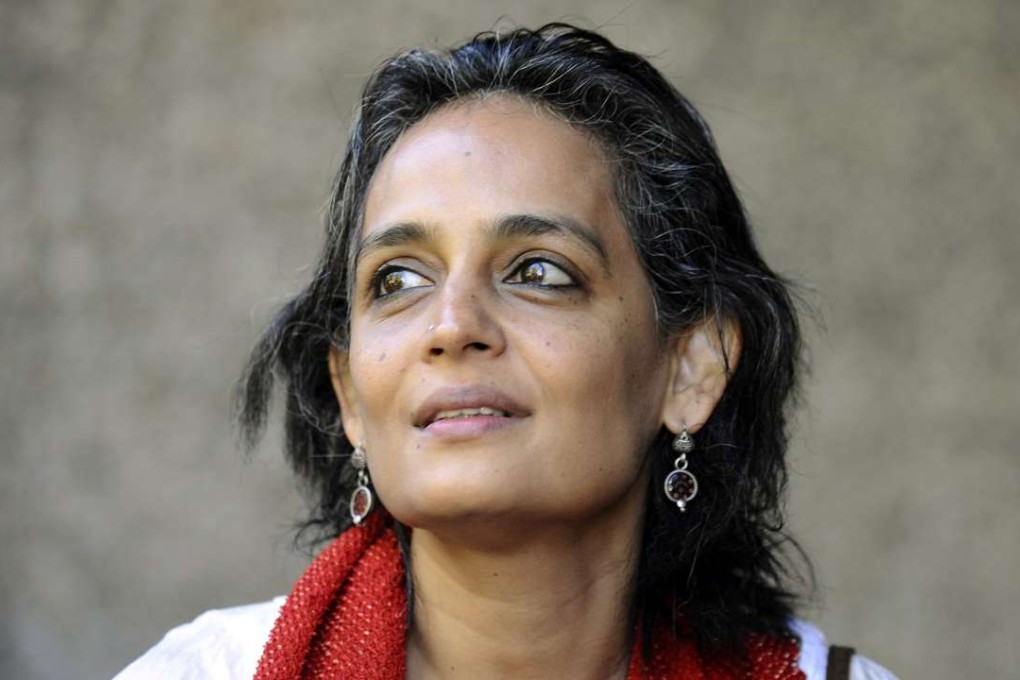The best books of 2017, from Game of Thrones to the next Paula Hawkins
Next year promises to be a bumper one for books from around the world, with new novels from Arundhati Roy and (maybe) George R.R. Martin plus works in translation from Yan Lianke, Liu Cixin and Hiromi Kawakami, among many others

If 2016 taught us anything, it’s that predictions are for fools and pollsters. From Brexit to Trump, the past 12 months made a mockery of prophets everywhere. Which only makes the most uncertain question of our age feel even more uncertain. Will 2017 be the year that George R.R. Martin finally gets his finger out (preferably all 10 typing digits) to complete The Winds of Winter, the sixth instalment in the Game of Thrones series?

Almost as exciting as this (possible) publication is news that Arundhati Roy is releasing a new novel, The Ministry of Utmost Happiness. It has, amazingly, been nearly 20 years since her last, The God of Small Things, won the Man Booker in 1997. The publicity blurbs are lyrical, grandiose but a little vague: “A book about souls, past and present, human and animal, that have been broken by the world we live in and mended by love.” It sounds a little like Danielle Steel but that is where the similarities will end. We hope.

